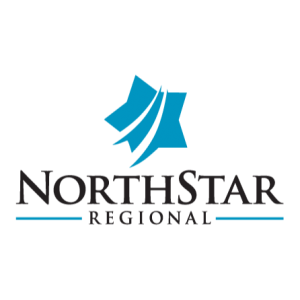Everyone’s struggle with addiction is different, but because you are here this means you’re trying to take a step in the right direction. As experts on the road to recovery, we have curated 5 tips to help you whether your goal is to cut back or full sobriety.
1. Set a goal
This is an important thought you must have with yourself. This entire process depends on your willingness to make the change you desire. This goal doesn’t have to be your end goal. It can be a small step like not using on certain days of the week or other limiting factors. These small goals are important to set and track to show yourself the benefit of implementing this change in your life.
2. Reinforce your decision
A good exercise to reinforce your desire to change is creating a pros and cons list. This list can help highlight the positives of making this change. The first easy one is how much you’re spending on your addiction. This dollar sign doesn’t usually drive much of a desire unless you allot it to a purchase of some kind. Don’t be afraid to spend that money elsewhere to reward yourself for the small wins.
This leads to what is important to you. This is different for everybody from health, family, friends, success, or stability. For many, one of these is the reason they are trying to make this change. These are important to highlight to find an external reason to make this change to help support your decision on your road to recovery rather than just relying on your self-will. Some days will be harder than others and you will need these reminders to help you pass these challenging times.
What’s stopping you from freeing yourself from the struggle of addiction? This is a particularly important question you need to ask yourself. For many, it is to manage stress or trauma. Some others it is an area where they made friends that enjoy using said addiction.
3. Understanding the underlying causes.
The struggle with addiction is centered around the use of a coping mechanism for stress or trauma. The most straightforward way to battle these kinds of addictions is to find another way to cope outside of your current solution.
Trauma can often be overlooked as a cause of substance abuse. People often don’t understand the aftereffects of a traumatic experience. Most people’s first instinct to trauma is shock and/or denial. This makes talking about it important with either a pet, somebody you trust, or a professional. Getting this off your chest can help you overcome the circling thoughts in your head, and help you bring to light the underlying pressure. Talking about it may not instantly bring relief to yourself, but it is important to come to terms with the experience.
Stress can often lead to struggles with addiction. Using a substance can provide a familiar mindset for people making addiction easy. Some other ways to pull away from substance dependence is to find other ways to handle your stress. The most successful way to start is to try things that you already enjoy. Common things people use to reduce stress: exercising (yoga, weights, sports), being outdoors, playing with pets, reading, writing, gaming, and more.
4. Building a helpful network
A lot of people that struggle with addiction have friends who often also use it as well. This makes the lifestyle decision hard for many. Meeting new people that also don’t use or trying to stop can be helpful on your road to recovery. These people can help you by getting you involved in under activities, or they can give you tips from their struggles that can help you on your path.
5. Learning from failure
Failure to kick addiction is something most people on their road to recovery face. This failure can push people right back into full usage deterring them from trying to make this change again. Yes, we want to avoid these failures, but these failures are just part of the process of learning how to live without your past habit. You need to look more into these failures to understand why you relapsed and find ways to either avoid that situation or find a way to handle the situation without relapsing.
The Road to Recovery is a process with many ups and downs. Your road doesn’t have to be lonely. Many others have also struggled with addiction too. Most people are far more understanding than you would believe. Professional help can make the process simpler by connecting you to people who have faced similar addiction and have found success in changing their lives for the better.
If you are struggling with addiction and need help towards your road to recovery, please contact our professionals today.



